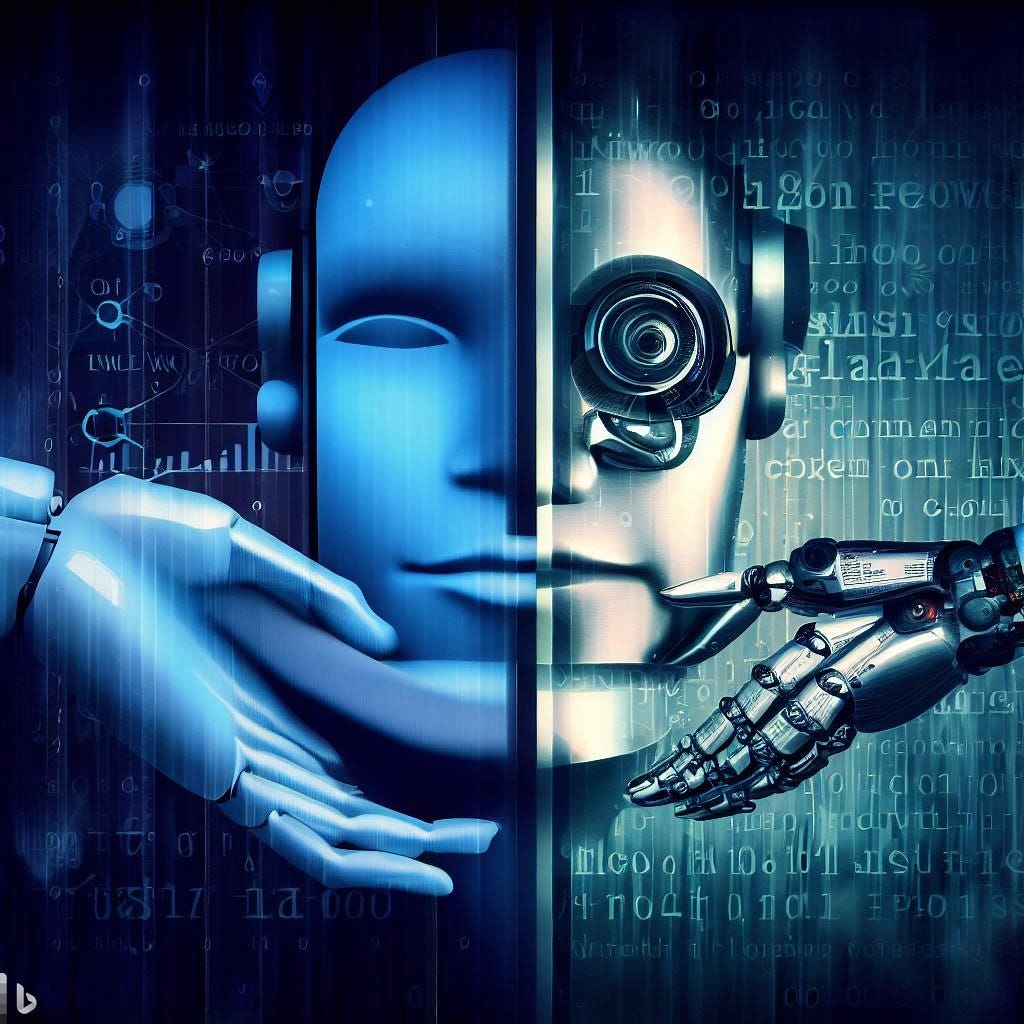Ethics of AI and Robotics: Can Machines Have Morality?
Can Machines Have Morality?
Ah, the age-old question: Can machines have a moral compass? It's like asking if your pet goldfish understands the concept of love. Intriguing but complex. Let's delve into this philosophical rabbit hole and see where it leads us.
What is Morality, Anyway?
First things first, what do we mean by morality? Morality is the principles or rules governing our behaviour based on notions of right and wrong. It's the inner voice that tells you not to cheat on a test or to hold the door for someone. Ethics, on the other hand, is the study of these principles—think of it as the rulebook that morality plays by.
The Theoretical Playground: Approaches to Machine Morality
There are several schools of thought when it comes to programming morality into machines. The "top-down" approach is like a strict parent laying down the law. Machines are programmed with ethical rules to follow, no questions asked. It's straightforward but lacks nuance.
The "bottom-up" approach is like a "learn as you go" parenting style. Machines learn ethical behaviour from their interactions, adapting and evolving over time. It's flexible but can be unpredictable. Imagine a self-driving car learning from driving in a video game—probably not the best idea.
Then, there's the "hybrid" approach, which combines both methods. It's like teaching a child to play the piano by both following sheet music and improvising. This approach aims to provide the best of both worlds: structure and flexibility.
The Good, the Bad, and the Ugly: Pros and Cons
Each approach comes with its own set of challenges. Top-down models may struggle with complex, real-world scenarios that don't fit neatly into predefined rules. It's like trying to solve a Rubik's Cube with a hammer; you need a more nuanced tool.
Bottom-up models, while adaptable, can be influenced by bad data or unethical human behaviour. It's like a child learning swear words from overhearing a heated conversation—undesirable and hard to unlearn.
Hybrid models offer a balanced solution but are challenging to implement. It's like cooking a complex dish; you need the right ingredients in the right proportions, or else it won't taste good.
The Moral of the Story: Challenges Ahead
The road to machine morality is fraught with obstacles. There's the issue of cultural relativism—what's considered moral in one culture may not be in another. Then there's the question of accountability. If a machine makes an ethical decision, who's responsible for it?
And let's not forget the philosophical debates. Can a machine ever truly understand the concept of right and wrong, or is it merely simulating morality? It's like asking if a parrot understands the words it mimics or is just repeating sounds.
The Future is Now: Ethical AI and Robotics
As we venture further into AI and robotics, the question of machine morality becomes increasingly urgent. We're not just talking about machines that can beat us at chess or compose music; we're talking about machines that will drive our cars, diagnose our illnesses, and maybe even raise our children.
So, can machines have morality?
The jury is still out. But one thing is clear: as creators, it's our moral obligation to ensure these technologies are developed and deployed responsibly. After all, in the quest to make machines more like us, let's not forget what makes us human in the first place.
So, the next time your AI-powered vacuum cleaner avoids sucking up a spider, consider this: Is it just following its programming, or is it making a moral choice? Either way, it's food for thought in the ever-evolving ethical landscape of AI and robotics.


